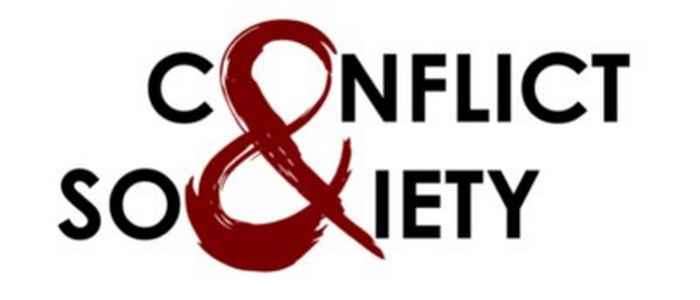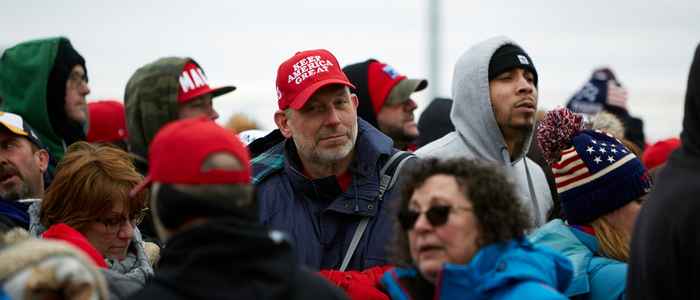Conflict is a fundamental part of society. What have seemingly unrelated phenomena such as bullying at school, political attacks between parties during election campaigns, political assassinations, or the escalation of violence and bloodshed between armed groups have in common? In short: What is conflict, through which mechanisms does it emerge, and how does it impact social interactions among individuals, groups, and societies?

Call for bachelor-level student research assistants on conflict & society
Are you interested in conflict or violence, and in research? Become a research assistant on a conflict or violence-related project! The student fellowship programme of the RPA Conflict and Society.

